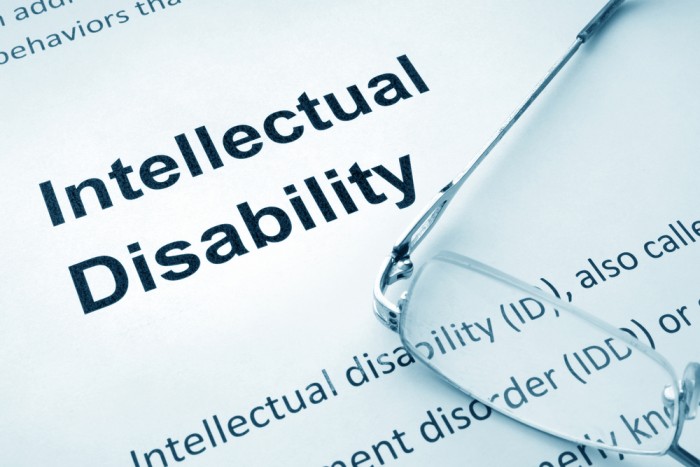ODP Communication Number 085-18 announces that the amendments to the ID/A waivers that were submitted to CMS in August have now been approved by CMS as of September 25, 2018. The approved waivers include changes that were made as a result of public comment. Each full waiver application approved by CMS, as well as a side-by-side of substantive changes made as a result of public comments, is available online.
ODP will hold a webinar on Wednesday October 17, 2018 from 1:00 pm to 3:00 pm. To register for the webinar, follow this link.
Some of the changes include:
- Clarification that residents of licensed personal care homes, or assisted living residences are excluded from enrollment in the consolidated waiver.
- Higher numbers of unduplicated numbers of waiver participants due to increase in turnover in waiver in year one, and governor’s budget including an increase of funding for graduates.
- Level of care criteria for Autism to be consistent across all waivers.
- Tools used to diagnose autism has been expanded, and the scope of professionals who can diagnose autism and developmental disabilities has also been expanded.
- Community Participation Support clarification is added regarding when referrals to the Office of Vocational Rehabilitation are required and where prevocational activities may occur. It has been clarified that all participants receiving prevocational services must have a competitive integrated employment outcome in their service plan.
- Program Specialists and Supervisors of DSPs providing CPS have a six-month period of time to complete certification (CESP or ACRE) requirements.
- In Consolidated waiver providers of Residential Habilitation, the types of experience that at least one executive level staff must have in order to be qualified has been expanded. The acceptable qualifications now include a minimum of five years’ experience as a manager with responsibility for providing residential services for individuals with an intellectual disability, developmental disability, autism, or serious mental illness. The provider must also notify the ODP Regional office and Administrative Entity within 10 business days of the hiring date of a new CEO. This also applies to Lifesharing Providers.
- Clarification is added about requirements for Respite in licensed community homes that is dependent upon the size of the home.
- Clarification that career assessment may be done in a vocational facility in certain circumstances, and that job coaching and support many not be provided in licensed settings.
- Support Service staff providing supported employment, who work directly with individuals, have six months after hire to obtain certification in CESP, or ACRE, and until that time, must be supervised by a staff who is certified.
- A standard was added to ensure that Supports Coordination Organizations communicate with AEs when they identify concerns about provider performance and services to participants.
- Speech and Language therapy now includes issues related to swallowing.
- Clarification of settings where companion services may be provided.
- Home accessibility adaptations now include modifications needed to accommodate special sensitivity to light, sound, and other environmental conditions.
- Clarification was added that service plan teams should make a determination regarding which transportation service best meets the individual’s needs.
- Individual transportation providers for qualification in the participant directed service model are considered Support Service Professionals and must follow those qualification requirements.
- Frequency of SC monitoring visits has been redefined to include face to face monitoring shall occur every two months, replacing the former language of every 60 days, in order to reduce the burden of tracking exact days.
- Alignment of claims review process with the QA&I process to be completed on an annual basis.
Contact Carol Ferenz, RCPA IDD Division Director, with any questions.














